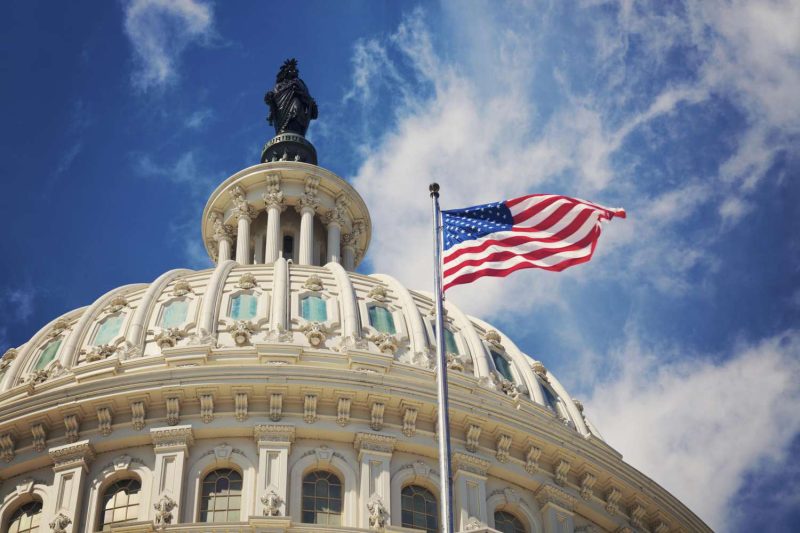The U.S. House of Representatives has voted in favor of a resolution to overturn the SEC’s cryptocurrency accounting policy, Staff Accounting Bulletin No. 121 (SAB 121), despite President Joe Biden’s veto promise. The policy has been a point of contention, accused of discouraging banks from engaging with cryptocurrency due to stringent accounting requirements.
Controversy Over SAB 121
Introduced as a measure to clarify accounting treatments for cryptocurrencies, SAB 121 requires banks holding digital tokens for customers to include these assets on their balance sheets, potentially leading to significant capital expenditures. Critics, including Republican lawmakers and digital asset businesses, argue that the SEC’s approach, led by Chair Gary Gensler, has overstepped and complicated banking regulations without necessary consultation with banking authorities.
Bipartisan Support Against the SEC’s Rule
The House’s decision, which saw bipartisan support including 21 Democrats, challenges the administration’s stance on maintaining stringent oversight of digital assets. Representative Mike Flood (R-Neb.), sponsor of the resolution, criticized the SEC for using the policy to exclude major banks from the cryptocurrency market. Conversely, Rep. Maxine Waters (D-Calif.) defended the policy, suggesting the resolution was too extreme and could undermine essential regulatory functions.
Also Read: Former Digitex CEO Admits to Violating Bank Secrecy Act
Potential Implications of the Congressional Review Act
The use of the Congressional Review Act in this case could permanently block any similar regulations in the future, a point of concern for President Biden and opponents of the resolution. They argue that overturning SAB 121 could reduce the SEC’s ability to implement necessary guardrails around crypto-assets, thereby increasing financial instability and market uncertainty.
Next Steps and Senate Involvement
The resolution now awaits consideration in the Senate, where Sen. Cynthia Lummis (R-Wyo.) has been advocating for a similar measure. If passed, it would require President Biden’s signature or face his veto. Despite the presidential opposition, Rep. Flood and his colleagues are determined to integrate this opposition into further legislative efforts throughout the year.
This legislative clash highlights the ongoing debate over the role of regulation in the evolving cryptocurrency market and the balance between innovation and consumer protection.
